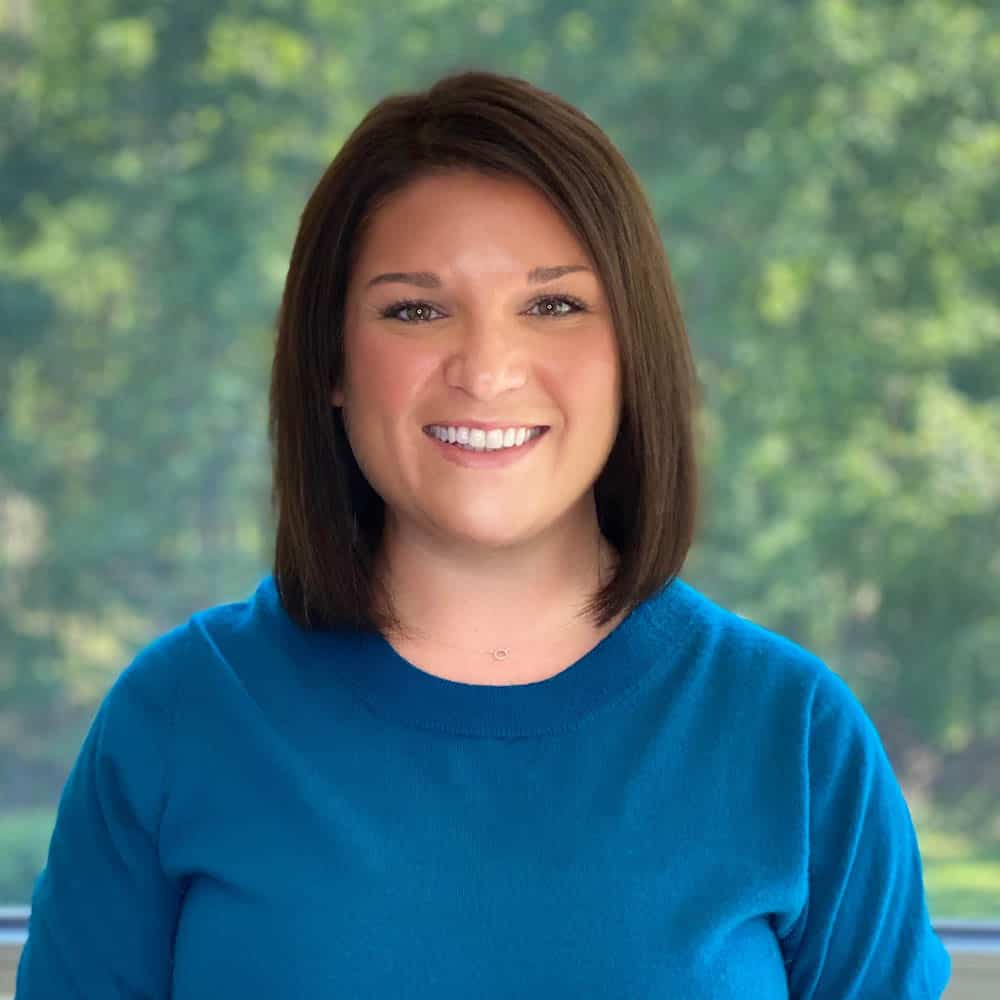Amanda graduated from Lehigh University with both an undergraduate degree in Psychology and a Master’s of Education degree in Counseling Psychology. Amanda has worked in the field of substance use disorder treatment and mental health treatment as a counselor and as a clinical manager for over 14 years. She is a certified Clinical Supervisor (NJ & PA), is a Licensed Drug and Alcohol Counselor in NJ, and a Certified Advanced Alcohol and Drug Counselor in PA. She has been the recipient of many awards, including YWCA Women Who Make a Difference. She has taught undergraduate coursework at several local colleges and universities and has been a presenter at the Pennsylvania Certification Board annual conference.
Clinically Reviewed Posts:
What is Holistic Addiction Treatment?
Addiction is a complex disorder that affects the mind, body, and spirit. Holistic addiction treatment is an approach to recovery that focuses on healing the whole person by addressing all aspects of the individual. ...
The Benefits of Seeking Local Addiction Treatment
Seeking addiction treatment is a courageous and transformative step towards recovery, and finding the right treatment program is crucial for success. While there are various options available, there are undeniable benefits to choosing local addiction ...
How to Get Your Loved One Into Addiction Treatment
Motivating a family member or friend to seek addiction treatment can be challenging and requires sensitivity and understanding. Although addressing this issue may not be easy, it is vital for their health and well-being. ...
Cost of Substance Abuse & Addiction to New Jersey
Substance abuse and addiction have significant costs to society, including financial, health, and social consequences. In New Jersey, the cost of substance abuse and addiction is substantial, with both direct and indirect costs. According ...
What Are the Most Commonly Used Drugs in New Jersey?
Like many states in the country, New Jersey is currently in the midst of a major opioid crisis. With arrests and admissions to treatment facilities for opiate issues continuing to top every state list (1), ...
How Alcoholism Starts
What causes alcoholism? There is no straightforward answer to this age-old question. While certain factors can increase your chances of becoming an alcoholic, every individual experience is different. The majority of American adults drink on ...


































